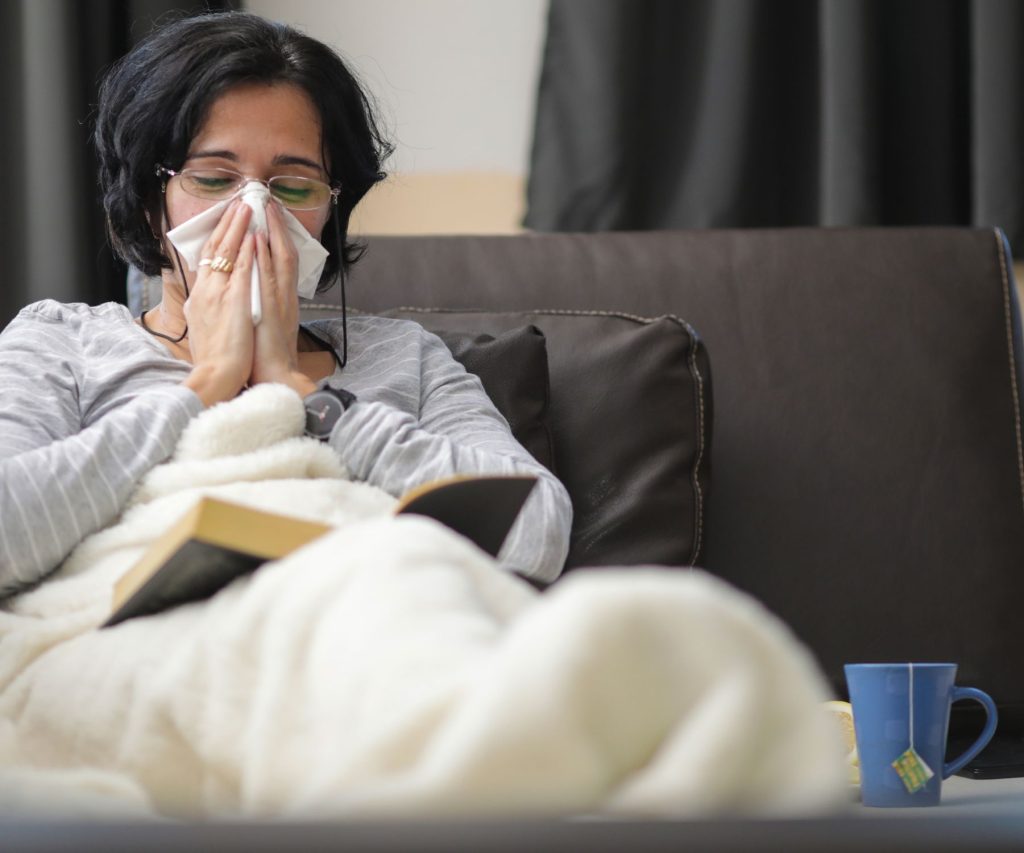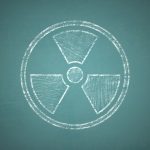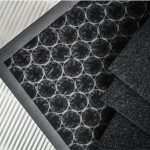”
Table of Contents
Do air purifiers work for colds?
Air purifiers are devices that remove pollutants from the air. They can help to improve air quality by removing dust, pollen, pet dander, smoke, and other airborne particles. Some people believe that air purifiers can also help to prevent or treat colds. However, there is no scientific evidence to support this claim.
In fact, a study published in the journal Environmental Health Perspectives found that air purifiers did not reduce the incidence of colds in people who were exposed to secondhand smoke. The study also found that air purifiers did not reduce the severity of cold symptoms in people who did get sick.
While air purifiers may not be able to prevent or treat colds, they can help to improve air quality and reduce the risk of other respiratory problems, such as asthma and allergies. If you are concerned about the air quality in your home or workplace, an air purifier may be a good option for you.
What is a cold?
A cold is a common viral infection of the nose and throat. It is caused by a variety of viruses, including rhinoviruses, coronaviruses, and adenoviruses.
Colds are typically characterized by a runny nose, sore throat, cough, and sneezing. They can also cause fever, headache, and body aches.
Colds are usually mild and self-limiting, lasting for about 7-10 days. However, they can be more severe in some people, especially those with underlying health conditions.
III. Symptoms of a cold
The symptoms of a cold can vary from person to person, but some of the most common include:
- Runny nose
- Sneezing
- Sore throat
- Cough
- Body aches
- Fatigue
- Headache
Most colds are caused by a virus, and they typically last for 7-10 days. However, some colds can last longer, and some people may experience complications such as sinus infections or ear infections.
How air purifiers help with colds
Air purifiers can help to reduce the spread of germs and viruses in the air, which can help to prevent colds. By removing airborne particles, air purifiers can create a cleaner, healthier environment that is less likely to cause colds. Air purifiers can also help to reduce the symptoms of a cold by improving air quality and reducing the amount of pollutants in the air.
How air purifiers help with colds
Air purifiers can help with colds by removing airborne viruses and bacteria from the air. This can help to reduce the risk of infection and may also help to speed up recovery time. Air purifiers work by using a variety of methods to trap and remove pollutants from the air, including:
- HEPA filters: HEPA filters are able to trap particles as small as 0.3 microns, which is small enough to capture viruses and bacteria.
- Activated carbon filters: Activated carbon filters can absorb gases and volatile organic compounds (VOCs), which can irritate the airways and make cold symptoms worse.
- UV light: UV light can kill viruses and bacteria on contact.
Air purifiers can be a helpful addition to any home or office, especially during cold and flu season. By removing harmful pollutants from the air, air purifiers can help to create a healthier environment and may help to reduce the risk of infection.
 VI. How to choose the right air purifier for colds
VI. How to choose the right air purifier for colds
When choosing an air purifier for colds, there are a few factors to consider, including:
- The size of the room or area that you want to clean
- The type of air purifier (HEPA, UV, or ionizer)
- The noise level of the air purifier
- The price of the air purifier
To help you choose the right air purifier for colds, we have put together a list of the best air purifiers for colds on the market.
We have also included a buying guide that will help you understand the different types of air purifiers and what to look for when making your purchase.
VII. How to use an air purifier for colds
To use an air purifier for colds, follow these steps:
- Choose an air purifier that is designed to remove viruses and bacteria from the air.
- Place the air purifier in a central location in your home or office, where it can circulate air throughout the room.
- Turn on the air purifier and set the fan speed to high.
- Leave the air purifier running for at least 8 hours per day, or longer if you are experiencing a cold.
Using an air purifier for colds can help to reduce the number of viruses and bacteria in the air, which can help to prevent you from getting sick or to recover from a cold more quickly.
Benefits of using an air purifier for colds
 VIII. Benefits of using an air purifier for colds
VIII. Benefits of using an air purifier for colds
Air purifiers can help to improve air quality by removing harmful pollutants, such as dust, pollen, pet dander, and smoke. This can help to reduce the risk of developing a cold by preventing the spread of germs. In addition, air purifiers can help to improve sleep quality, which can help to boost the immune system and make it less likely to get sick.
Some studies have shown that air purifiers can help to reduce the symptoms of a cold. One study found that people who used an air purifier in their bedroom while they were sick with a cold had fewer symptoms and recovered faster than people who did not use an air purifier.
Another study found that people who used an air purifier in their office had fewer colds than people who did not use an air purifier.
Overall, the evidence suggests that air purifiers can help to reduce the risk of developing a cold and can also help to reduce the symptoms of a cold. However, it is important to note that air purifiers are not a substitute for other cold prevention measures, such as washing your hands frequently, covering your mouth when you cough or sneeze, and staying home when you are sick.
Side effects of using an air purifier
Air purifiers can have some side effects, including:
- Dryness of the eyes, nose, and throat
- Skin irritation
- Headaches
- Nausea
- Dizziness
These side effects are usually mild and go away after a few days of use. However, if you experience any severe side effects, such as difficulty breathing or chest pain, stop using the air purifier and see your doctor.


 VIII. Benefits of using an air purifier for colds
VIII. Benefits of using an air purifier for colds





